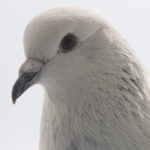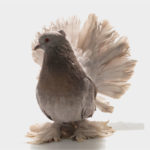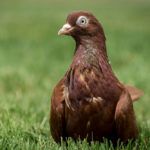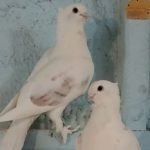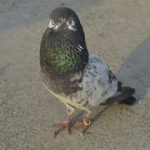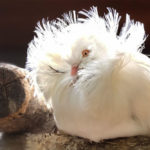The King Pigeon is a domesticated bird that has undergone many years of selective breeding to be primarily used as a utility bird.
If you’re a bird fanatic, or maybe you’re looking to breed King Pigeons at home, then you’ll want to continue reading to find out about some fascinating insights into the breed including their history and also some common aspects of their personality.
The King Pigeon: History & Background
The King Pigeon originates from the United States and was developed during the late 1800s by cross-breeding 4 other types of pigeons, The Duchess (for grace), The Maltese (for compactness), The Homer (for alertness), and The Runt (for body size).
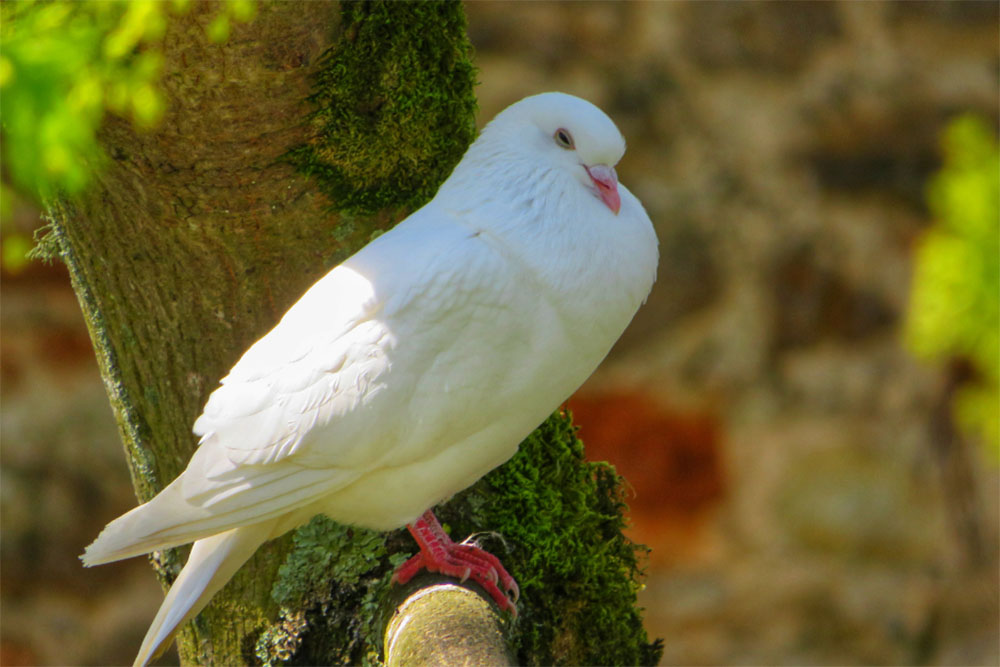
The 4 different types of pigeons originate from Europe, so whilst the King Pigeon was originally bred in the US, their distant relatives are descendants from the other side of the pond.
The breed is a descendant of the Rock Pigeon (or commonly just called the pigeon) and their scientific name is Columba livia domestica and you’ll commonly find them living on farms instead of in the wild like other breeds of pigeons.
The King Pigeon is known for its large size and is primarily used for squab raising and producing good eggs in the food industry.
Pigeons are used because they reproduce very quickly which means they can mass-produce squab meat, which is typically sold when they are under 4 weeks old.
Whilst pigeons aren’t known for having lots of meat and flesh on their bodies, squabs can be very plump and the meat tastes like dark chicken which is a very popular dish in Europe, Africa, and the US.
The King Pigeon: Appearance
As far as pigeons go, King Pigeons are up there with the most attractive looking ones, which is why they’re often used for exhibition purposes (Show Kings) as well as being farmed for their meat.
However, the exhibition use is primarily limited to western society rather than on a global scale.
The breed is relatively tall compared to other pigeon breeds and they are known for their large plump bodies.
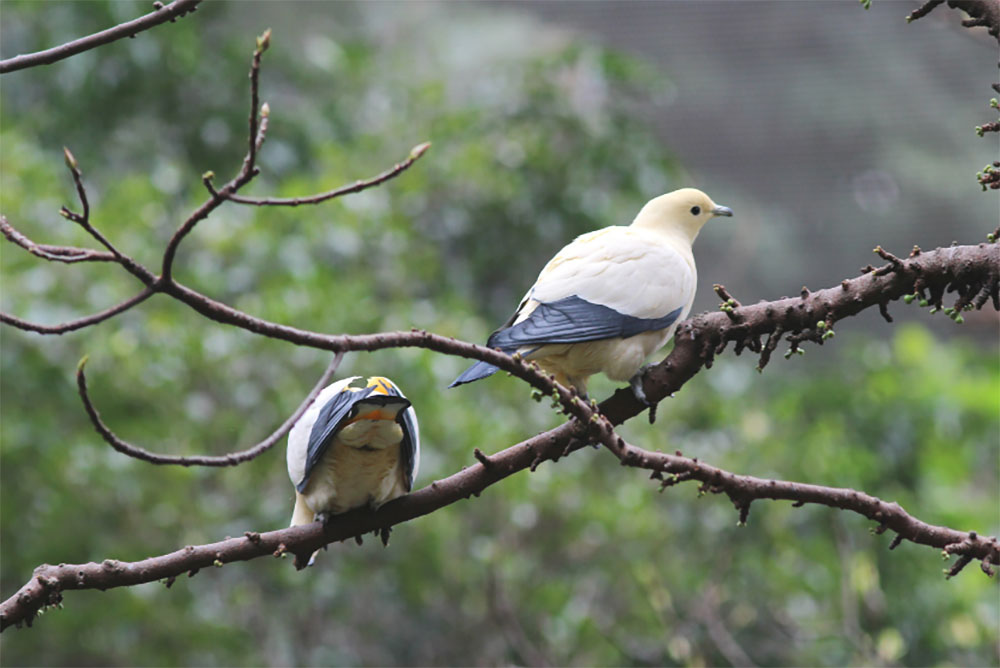
The ‘king’ in their name refers to their height and helps to distinguish them from other pigeons, the same as how ‘king’ or ‘emperor’ helps to distinguish certain penguins from each other.
They can weigh anywhere between 1.2 to 2lbs depending on how they’re raised, fed, and also what they’ve been bred for and can grow up to 5-6 inches in height.
King Pigeons can be found in a variety of colors, including brown, white, and silver/black colorations.
It can be difficult to differentiate a male to a female King Pigeon without studying their interactions or characteristics for a while, and to the average Joe, it may be impossible to set the two apart unless you know what to look out for.
However, Show Kings (exhibition King Pigeons) will need to clearly show that they are male or female, with often the females looking more feminine and pretty than their male counterparts.
The King Pigeon: Personality & Characteristics
King Pigeons are keen cuddlers and love to be around each other, and if you have a group of King Pigeons as pets then you’ll frequently come across them cuddling up or even poking each other in the head or neck playfully.
They can be very affectionate and once trained and comfortable in their environment, they can grow a good bond with humans and other pets within the home.
Despite also being used as a food source, this breed makes an excellent pet as they’re sweet-natured, calm but still have lots of personality that can make them very entertaining to watch.
Show Kings are not meant to be released into the wild as they cannot survive, and many will end up in shelters if they become lost or hurt.
If they are not adopted or rehomed they may have to be euthanized as there is an abundance of them in shelters.
This breed is not considered harmful to humans and they do not try to attack them unless they are provoked, especially female King Pigeons when they are trying to protect their eggs or their young.
Conclusion
To summarise, the King Pigeon is a dual-purpose breed that was bred initially during the height of pigeon meat production in the late 1800s and is a frequent partaker in exhibition shows.
King Pigeons also make great pets due to their docile and sweet natures and can be found in bird shelters across the world ready to be rehomed.

